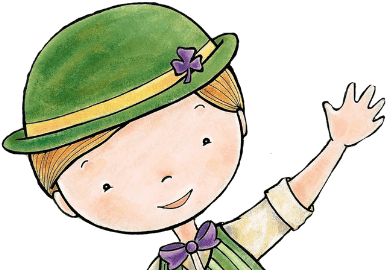How Stress Shapes Memorable Stories and Characters
Stress plays a pivotal role in storytelling, acting as a catalyst for character development and plot progression. It adds layers to narratives, making them more engaging and memorable. When characters face stressful situations, it challenges them to grow and adapt, creating a dynamic journey that captivates readers.
The Role of Stress in Character Development
Stress profoundly influences characters’ decisions and behaviors, often leading to significant growth. Consider how Harry Potter’s experiences with stress shape his development throughout the series. Stress forces characters to confront their limitations and make choices that define their paths. These moments of tension are crucial in creating relatable and compelling characters.
Stress as a Plot Device
Stress serves as a powerful tool to drive the narrative forward by introducing tension and conflict. In stories like “The Hunger Games,” stress is used to heighten stakes and propel the storyline. Common scenarios, such as a looming deadline or a life-threatening situation, effectively use stress to enhance the plot, keeping readers on the edge of their seats.
Techniques for Writing Stressful Scenes
Crafting believable and impactful stressful scenes requires careful attention to detail. Writers should focus on pacing, dialogue, and internal monologue to convey stress authentically. For instance, incorporating short, sharp sentences can mirror a character’s racing thoughts, while well-placed pauses in dialogue can heighten tension. These techniques help immerse readers in the character’s experience.
The Psychology of Stress in Fiction
Understanding the psychological aspects of stress can lead to more authentic storytelling. Real-world stress responses, such as fight-or-flight reactions, can be mirrored in fiction to create relatable characters. By tapping into these responses, writers can portray stress in a way that resonates with readers, enhancing the realism of their stories.
Mentally Handling Tense Situations
Developing skills for mentally handling tense situations can be beneficial for creative storytelling. Writers can draw from techniques used in real life to portray characters who face stress with resilience. For further insights on this topic, explore mentally handling tense situations.
Stress and Emotional Resonance
Stress can significantly enhance the emotional impact of a story. Readers often connect more deeply with characters who face and overcome stressful challenges. This connection fosters empathy and investment in the narrative, making the story more memorable. The emotional journey of a character under stress can leave a lasting impression on the audience.
Conclusion: Embracing Stress in Storytelling
In conclusion, stress is a powerful tool in crafting memorable stories and characters. By embracing stress, writers can create narratives that resonate emotionally with readers. Balancing stress with resolution ensures a satisfying journey, where characters evolve and stories leave a profound impact.







